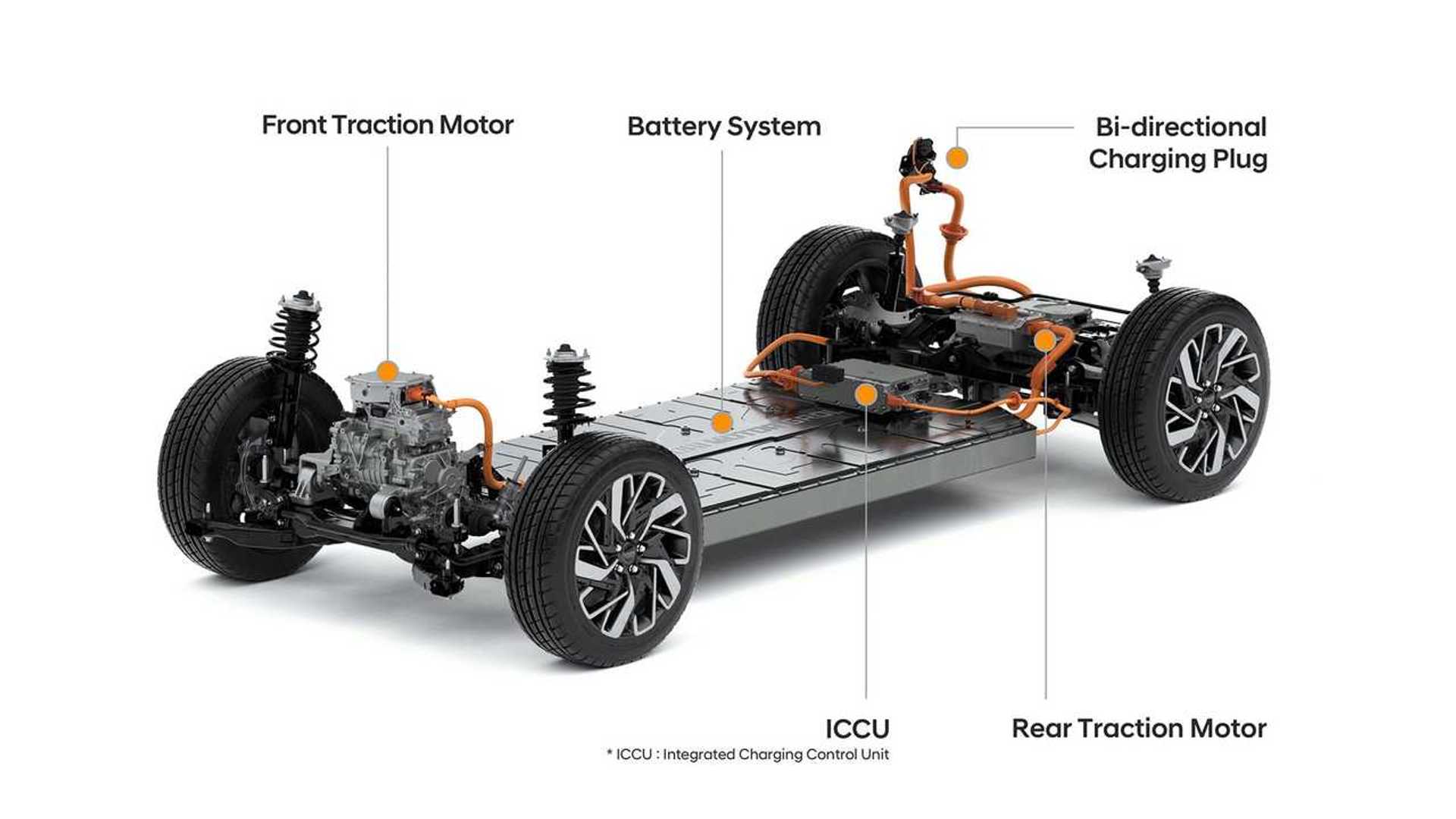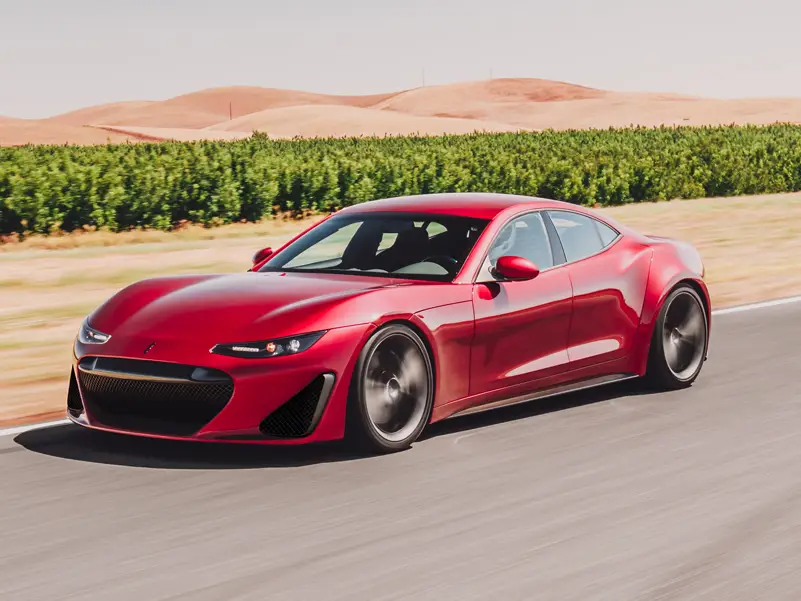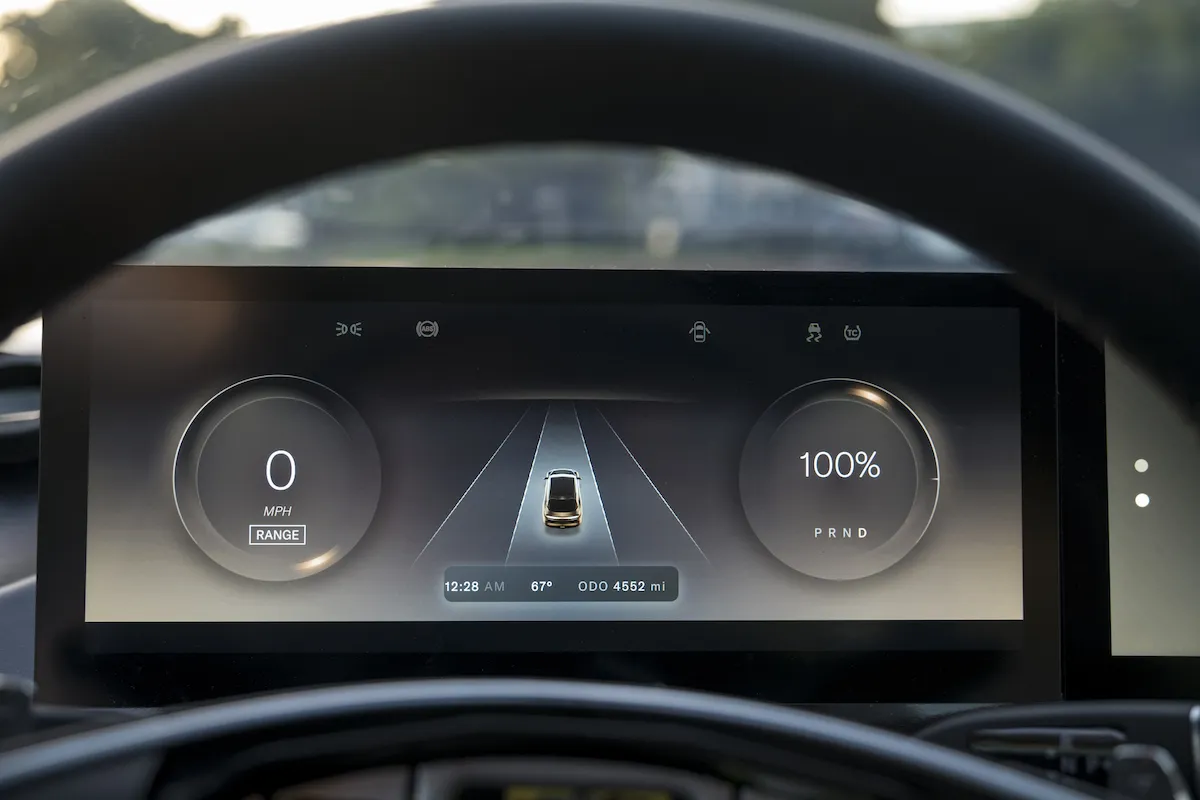Embark on a journey through the electric mobility landscape as we unravel the nuances of “RWD Vs AWD Electric Cars.” Delve into the unique characteristics, advantages, and considerations that come with choosing between rear-wheel drive (RWD) and all-wheel drive (AWD) in the realm of electric vehicles.
Introduction: Steering Through the Electric Drive Options
The decision between RWD and AWD in electric cars goes beyond traditional considerations. In this comprehensive guide, we navigate the landscape of “RWD Vs AWD Electric Cars,” providing insights to empower potential buyers and enthusiasts with the knowledge needed to make an informed decision.
Understanding RWD and AWD in Electric Cars
1. Rear-Wheel Drive (RWD) Overview*
RWD electric cars operate by delivering power exclusively to the rear wheels. This configuration is common in traditional internal combustion engine vehicles and has made its way into the electric vehicle (EV) market. RWD setups are known for their simplicity and efficiency.
2. All-Wheel Drive (AWD) Dynamics*
In contrast, AWD electric cars distribute power to all four wheels simultaneously. This configuration enhances traction, stability, and performance, making AWD a popular choice in a variety of driving conditions. AWD electric cars often utilize dual electric motors – one for the front wheels and one for the rear.
RWD Vs AWD Electric Cars: A Comparative Analysis
1. Performance Metrics and Acceleration*
RWD electric cars are celebrated for their straightforward and responsive acceleration. The power transfer to the rear wheels provides a dynamic and engaging driving experience. On the other hand, AWD electric cars leverage the additional traction of all four wheels, resulting in impressive acceleration and enhanced performance, especially in challenging road conditions.
2. Traction and Handling in Different Environments*
RWD electric cars excel in stable and dry road conditions. The rear-wheel power distribution allows for precise handling and a more connected driving experience. AWD electric cars, however, shine in diverse environments, providing optimal traction in rain, snow, or uneven terrain. This versatility enhances safety and confidence in various driving scenarios.
3. Efficiency and Range Considerations*
RWD electric cars often boast higher energy efficiency due to the streamlined power delivery to the rear wheels. This efficiency contributes to longer range capabilities on a single charge. AWD electric cars, while slightly less energy-efficient, offer the advantage of enhanced stability and performance, making them suitable for drivers prioritizing versatility over maximum range.
Read too: Exploring the Benefits of the Ma Rebate for Electric Cars: Unlocking Savings
Weighing the Pros and Cons of RWD Vs AWD Electric Cars
In this section, we’ll explore the advantages and considerations associated with RWD and AWD electric cars, shedding light on factors that influence the buying decision.
Advantages of RWD Electric Cars:
- Simplicity and Efficiency: RWD systems are often simpler in design, resulting in a lighter overall vehicle weight and increased energy efficiency.
- Engaging Driving Dynamics: RWD electric cars offer a more engaging and connected driving experience, especially for those who appreciate a rear-wheel power delivery.
- Extended Range: The energy-efficient nature of RWD systems contributes to longer driving ranges on a single charge.
Advantages of AWD Electric Cars:
- Enhanced Traction: AWD systems provide superior traction, stability, and control, particularly in adverse weather conditions.
- Improved Performance: AWD electric cars often deliver enhanced acceleration and performance, making them suitable for those who prioritize dynamic driving experiences.
- Versatility: AWD configurations are versatile, making them suitable for a wide range of driving environments and terrains.
Considerations When Choosing Between RWD and AWD Electric Cars:
- Cost: AWD electric cars generally come with a higher upfront cost due to the additional complexity of the dual-motor system.
- Energy Efficiency: RWD systems are typically more energy-efficient, contributing to longer ranges, which can be a critical factor for some buyers.
- Driving Conditions: Consider the predominant weather and road conditions in your location. AWD may be advantageous in regions with challenging terrain or frequent adverse weather.
Conclusion: Navigating the Road Ahead
In the ever-evolving landscape of electric mobility, the choice between RWD and AWD electric cars becomes a personalized journey. Whether you prioritize performance, efficiency, or adaptability to varying driving conditions, understanding the distinctions between these drive configurations is crucial.
As you embark on your electric vehicle journey, consider your driving preferences, environmental factors, and desired driving experience. The world of “RWD Vs AWD Electric Cars” offers a range of options, each with its unique charm and capabilities.


